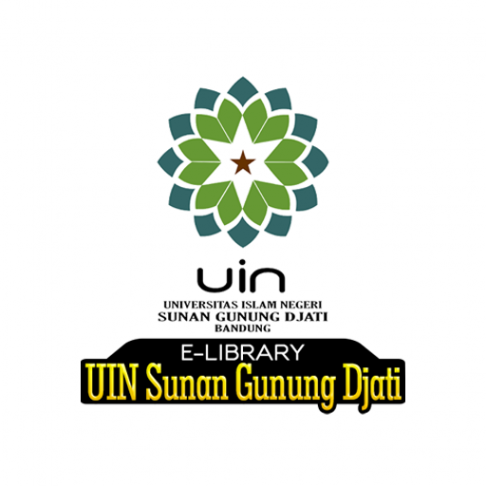THE POWER OF LOGIC
Frances Howard-Snyder; Frances Howard-Snyder; Ryan Wasserman
Telah di baca oleh 0 pemustaka, dengan total durasi baca 00:00:00
Deskripsi Buku
CH APTER 1 Basic Concepts E veryone thinks Everyone reasons Everyone argues And everyone is subjected to the reasoning and arguing of others We are bombarded daily with reasoning from many sources books speeches radio TV newspapers employers friends and family Some people think well reason well and argue well Some do not The ability to think reason and argue well is partly a matter of natural gifts But whatever our natural gifts they can be refined and sharpened And the study of logic is one of the best ways to refine ones natural ability to reason and argue Through the study of logic one learns strategies for thinking well common errors in reasoning to avoid and effective techniques for evaluating arguments But what is logic Roughly speaking logic is the study of methods for evaluating arguments More precisely logic is the study of methods for evaluating whether the premises of an argument adequately support or provide good evidence for its conclusion Logic is the study of methods for evaluating whether the premises of an argument adequately support its conclusion To get a better grasp of what logic is then we need to understand the key concepts involved in this definition argument conclusion premise and support This chapter will give you an initial understanding of these basic concepts An argument is a set of statements where some of the statements are intended to support another The conclusion is the claim to be supported The premises are the statements offered in support In some arguments the conclusion is adequately supported by the premises in other cases it is 1CH APTER 1 Basic Concepts E veryone thinks. Everyone reasons. Everyone argues. And everyone is subjected to the reasoning and arguing of others. We are bombarded daily with reasoning from many sources: books, speeches, radio, TV, newspapers, employers, friends, and family. Some people think well, reason well, and argue well. Some ...do not. The ability to think, reason, and argue well is partly a matter of natural gifts. But whatever our natural gifts, they can be refined and sharpened. And the study of logic is one of the best ways to refine ones natural ability to reason and argue. Through the study of logic, one learns strategies for thinking well, common errors in reasoning to avoid, and effective techniques for evaluating arguments. But what is logic? Roughly speaking, logic is the study of methods for evaluating arguments. More precisely, logic is the study of methods for evaluating whether the premises of an argument adequately support (or provide good evidence for) its conclusion. Logic is the study of methods for evaluating whether the premises of an argument adequately support its conclusion. To get a better grasp of what logic is, then, we need to understand the key concepts involved in this definition: argument, conclusion, premise, and support. This chapter will give you an initial understanding of these basic concepts. An argument is a set of statements where some of the statements are intended to support another. The conclusion is the claim to be supported. The premises are the statements offered in support. In some arguments, the conclusion is adequately supported by the premises; in other cases it is 1
